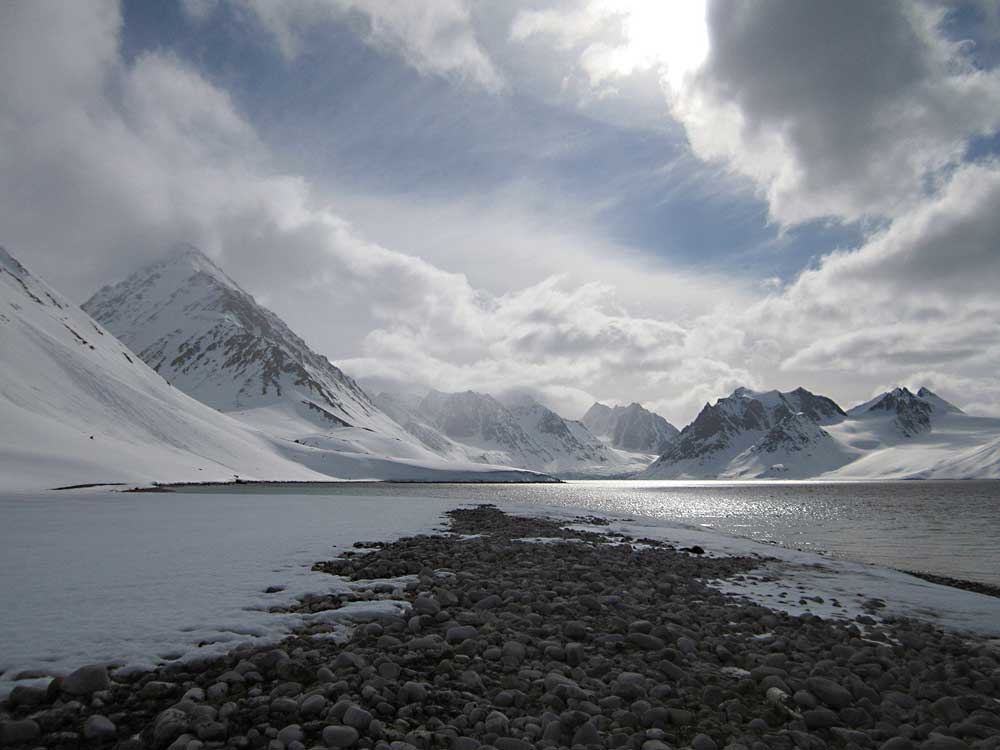Dysfunctional family drama is not the only focus of Joe Waechter’s new play Lake Untersee. Waechter combines theatre and science to tell the story of troubled teenager Rocky, who receives love letters written in snow and embarks on a journey to find the love of his life, who is trapped under the ice of an Antarctic lake.
A production of the Minneapolis-based Workhaus Collective, Lake Untersee will be directed by Jeremy B. Cohen and is slated for a Sept. 12-17 run at that city’s Illusion Theater. Waechter cites multiple issues and topics as inspiration for the play. “I started it during the early stages of the ‘It Gets Better’ campaign,” explains the playwright. “The issues that campaign brought up for me are part of a bigger pattern.” That pattern, Waechter says, included “feelings of being an outsider, getting stuck trying to connect with people but lacking the vocabulary to get un-stuck.”
Known for his drama and mystery in works such as Good Ol’ Boys and The Strangler, Waechter mines a similar vein in this latest work, which was partly inspired by research done at the actual Lake Untersee in Antarctica. “I have a longtime fascination with cold, remote places—Iceland, the Arctic, Antarctica…Minnesota,” says Waechter, who recently returned from a three-week trip to the high Arctic. Located in the Gruber Mountains of Antarctica, Lake Untersee has fascinated scientists, who have discovered in its depths bizarre structures and organisms that can survive in extreme climates. “If they could provide proof that these organisms could survive in such harsh conditions, then perhaps life was possible on other planets, where similarly extreme conditions exist,” says Waechter, who also notes, “I want to document the Arctic before it disappears. It doesn’t have a literary tradition of its own. So I want to create one for it.”
Waechter belongs to Workhaus, a theatre company made up entirely of eight Minnesota–based, nationally recognized playwrights in which members produce their own original plays while also becoming the artistic director of the company during the run of his or her show. “It really removes the administrative barriers that traditional theatre models have of producing theatre,” Waechter says, “and the hope is that by doing this we’re putting playwrights in direct relationship with audiences.”


